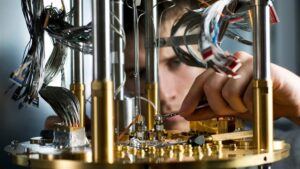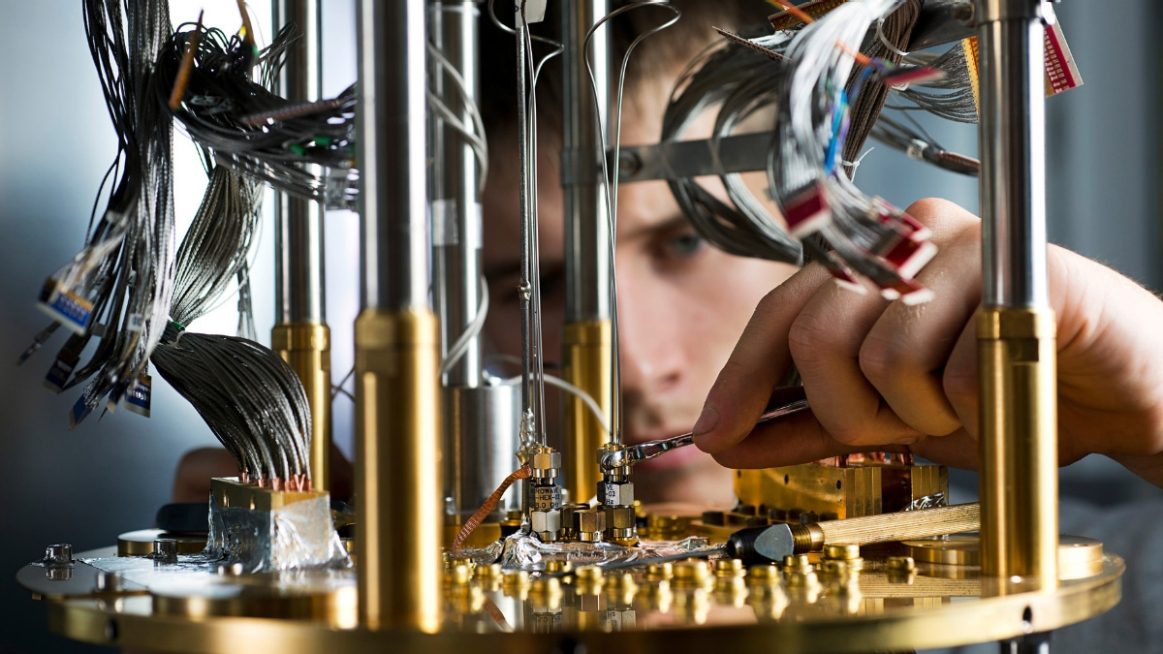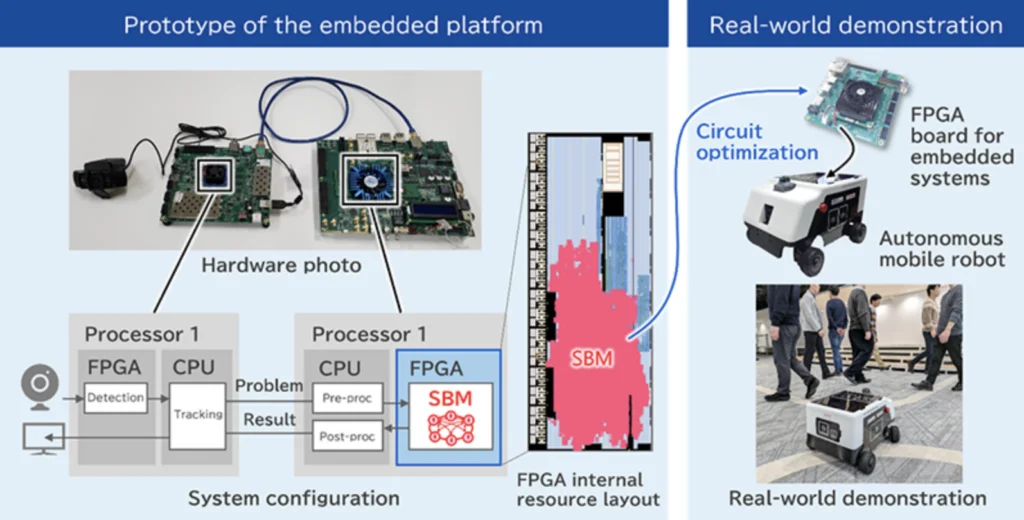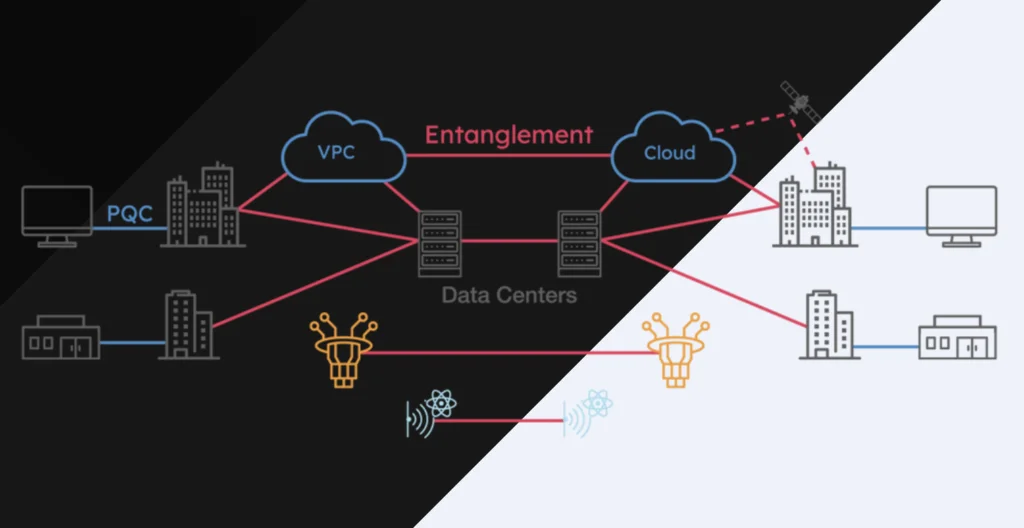
Image: D-Wave Systems Inc.
Volkswagen was one of the first companies to see the promise of quantum computing in the automotive industry. A company blog post suggests that VW’s quantum team continues to investigate the potential of quantum computing, adding that the scientists are confident that they are close to using quantum to solve huge problems in the industry.
David Von Dollen, lead data scientist for Volkswagen Group of America, said that the company’s quantum experts have been researching to find ways that quantum computing can tackle these challenges since 2016.
“We are focused on output, on trying things, on bringing applications into use,” Von Dollen said.
Volkswagen has teamed up with Canadian quantum computing startup D-Wave and U.S.-based Google.

Quantum Fahrvergnügen
The company sees several ways that quantum can help drivers, not just in making better vehicles but adding a little, at the risk of dating myself, Fahrvergnügen, or driving pleasure
 In 2019, the Volkswagen and D-Wave demonstrated the first real-time traffic-routing system to rely on quantum computing to predict traffic volumes and route trips to minimize wait times for passengers and travel times for using buses in Lisbon, Portugal.
In 2019, the Volkswagen and D-Wave demonstrated the first real-time traffic-routing system to rely on quantum computing to predict traffic volumes and route trips to minimize wait times for passengers and travel times for using buses in Lisbon, Portugal.
Quantum computers may be better suited for these types of problems than classical computers, according to Florian Neukart, Director, Volkswagen Group Data:Lab in Munich.
“Coming from an enterprise point of view, we always check the same questions,” Neukart added. “Where in our company could quantum computing help to solve a problem? Would a quantum application really be more efficient than a classical algorithm here? And if yes, how could this be done?”
The team has found somewhat unexpected places where quantum can be applied in the industry, for example, using quantum computing to set vehicle pricing so that it suits customer demand.
A Quantum-Powered Future
In the future, Volkswagen’s quantum experts expect to use quantum computing to develop new materials or determining the locations of electric vehicle charging stations to maximize their usefulness.
“We see great potential for quantum computing across our entire business,” said Neukart. “Many challenges in the automotive industry can benefit from the inherent power quantum computing can generate.”
Neukart said the goal of the quantum team is to turn quantum research into real-world solutions. It’s more than just an academic pursuit.
“We’re not interested in doing research for research’s sake. We want to bring this technology into the real world,” he said.
Disclosure: I own Google stock and caught non-quantum Fahrvergnügen from a used Jetta in 1988.
If you found this article to be informative, you can explore more current quantum news here, exclusives, interviews, and podcasts.















